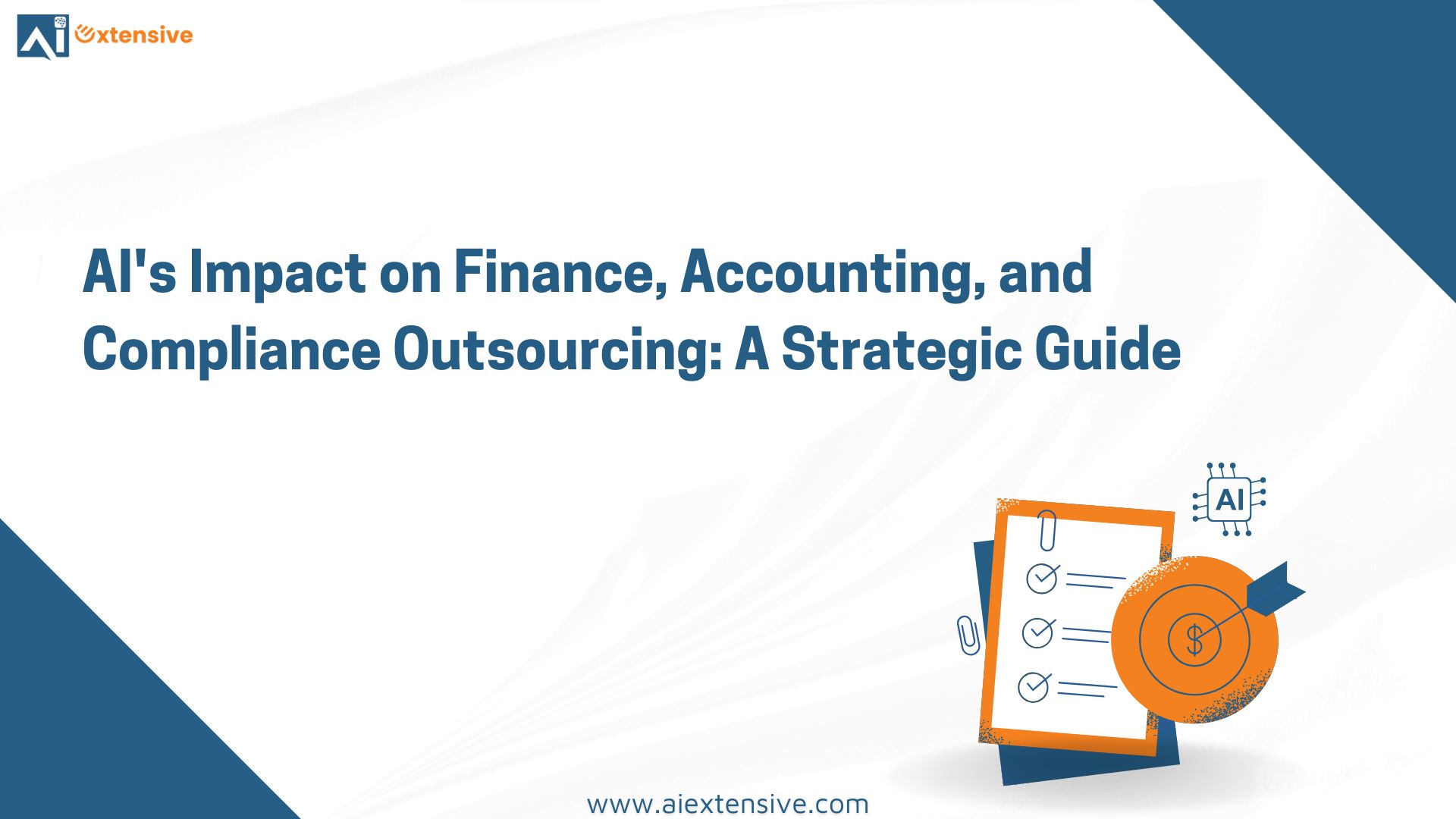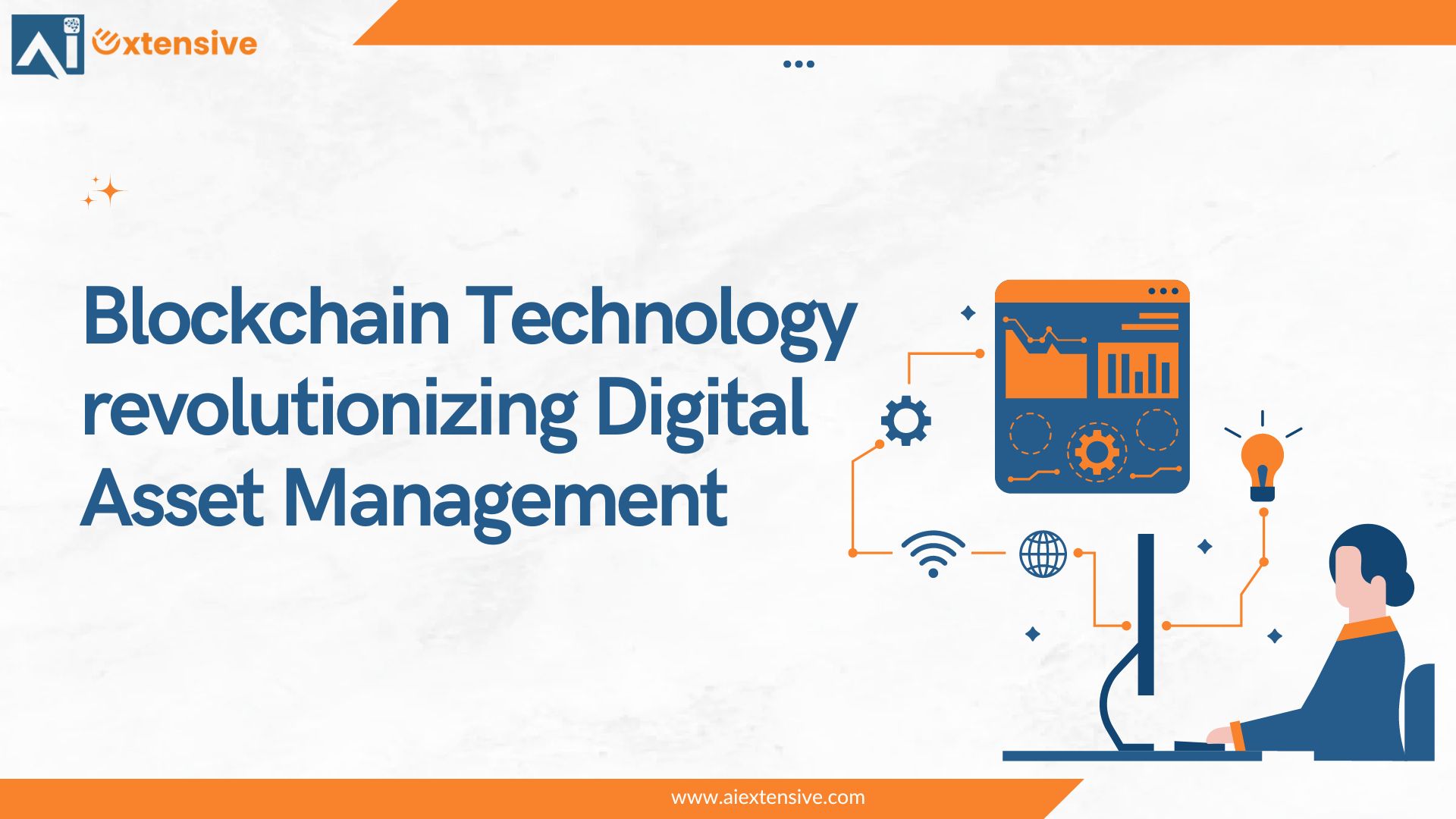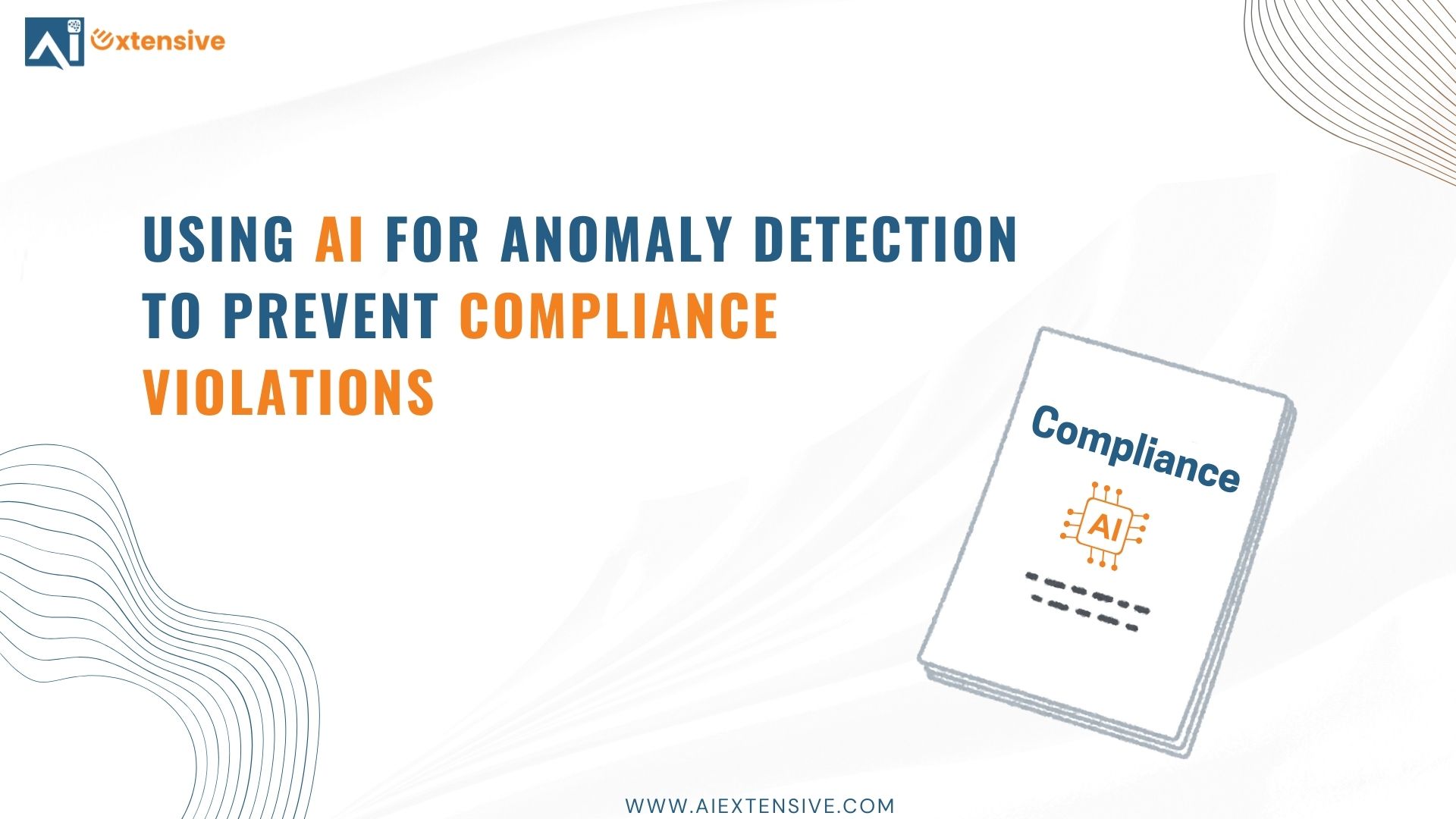AI’s Impact on Finance, Accounting, and Compliance Outsourcing
Artificial Intelligence (AI) is revolutionizing the way businesses operate, and the outsourcing industry is no exception. The AI’s impact on finance, accounting, and compliance (FAC) sector, which has traditionally relied on manual processes and human expertise, is witnessing a significant transformation due to the integration of AI technologies.
Key Impacts of AI on FAC Outsourcing
- Enhanced Efficiency and Productivity
- Advanced Analytics and Insights
- Enhanced Compliance and Risk Management
- Improved Decision-Making
Challenges and Considerations
While AI offers significant benefits, there are challenges associated with its implementation in the FAC outsourcing industry:
- Data Quality: AI models rely on high-quality data. Ensuring data accuracy and completeness is crucial to the success of AI-powered solutions.
- Ethical Considerations: AI algorithms must be developed and used ethically, avoiding biases and ensuring fairness.
- Security Concerns: Protecting sensitive financial data from cyber threats is paramount. Robust security measures must be implemented to safeguard data privacy.
- Job Displacement: While AI can create new opportunities, there is a risk of job displacement for certain roles. Reskilling and upskilling employees will be essential to adapt to the changing landscape.
Navigating AI Disruption: Key Strategies for Enterprise Sustainability
As AI continues to reshape industries, enterprises must adapt to remain competitive and sustainable. Here are key strategies to consider:
Embrace AI Strategically
- Identify Key Use Cases: Pinpoint specific areas where AI can significantly improve efficiency, productivity, and decision-making.
- Invest in Talent and Infrastructure: Build a skilled workforce capable of developing, implementing, and managing AI solutions. Invest in robust IT infrastructure to support AI initiatives.
- Foster a Data-Driven Culture: Encourage data-driven decision-making and prioritize data quality and security.
Prioritize Ethical AI
- Develop Ethical Guidelines: Establish clear ethical guidelines for AI development and deployment to ensure fairness, transparency, and accountability.
- Mitigate Bias: Employ techniques to identify and address biases in AI algorithms to avoid discriminatory outcomes.
- Ensure Transparency: Clearly communicate how AI systems work and their limitations to build trust with stakeholders.
Adapt to the Evolving Workforce
- Upskill and Reskill: Invest in training programs to equip employees with the skills needed to work alongside AI.
- Embrace Automation: Automate routine tasks to free up human resources for more strategic and creative work.
- Foster Human-AI Collaboration: Encourage collaboration between humans and AI to leverage the strengths of both.
Stay Agile and Innovate
- Continuous Learning: Stay updated on the latest AI advancements and industry trends.
- Experimentation and Innovation: Foster a culture of experimentation and innovation to explore new opportunities.
- Agile Development: Adopt agile methodologies to quickly adapt to changing market conditions and technological advancements.
Build Strong Partnerships
- Collaborate with AI Experts: Partner with AI experts, researchers, and technology providers to accelerate innovation.
- Engage with Clients and Customers: Seek feedback from clients and customers to understand their evolving needs and preferences.
- Network with Industry Peers: Learn from other organizations and share best practices.
By implementing these strategies, enterprises can not only survive but thrive in the age of AI. Remember, the key to success lies in a balanced approach that leverages the power of AI while maintaining human values and ethical considerations.
Conclusion
AI offers immense potential to transform the FAC outsourcing industry. By embracing AI strategically, prioritizing ethics, adapting to workforce changes, and fostering innovation, enterprises can harness the power of AI to drive growth, efficiency, and sustainability.









7 Comments. Leave new
Привет фанатам экспериментов!
Попробуйте Яндекс GPT для уникальных решений: создайте сказку для малышей, переведите старинные записи или создайте чат-бота для Telegram. Чат GPT для родителей — идеи по развивающим играм, чек-листы по уходу за ребенком. Чат GPT увлечений — найдет рецепт ферментированного чая или найдет схему вязания крючком. Технологии работают на вас — эффективно, быстро, без ограничений!
Подробности: https://yarchatgpt.ru
написать выводы онлайн
Не останавливайтесь на достигнутом!
Put some bets in at 98betwin, and ain’t mad at it. Good variety of games and sports to bet on. Could use a little sprucing up on the design, but overall, not bad! 98betwin
Alright, be7k… Gave it a shot. Smooth sign-up process, and I kinda dig the layout. Still early days, but promising vibes so far! Worth a look-see. be7k
kk45bet is growing on me. Nothing super fancy, but it’s solid. Withdrawals were processed quickly, which is always a win in my book! kk45bet
Anyone using 3wim? I’m always on the lookout for new platforms. What are the pros and cons? Any standout features? Fill me in guys. Take a look at 3wim
Gave 3win68 a shot last night, and I gotta say, the user experience is surprisingly good. Easy to navigate, and the loading times are fast. Will be trying to see how well they give out the wins. Maybe you check it out: 3win68
3win88 has been throwing up a lot of ads online. Is it as good as the ads make it out to be? Want honest opinions before I dive in. Show me what you know: 3win88